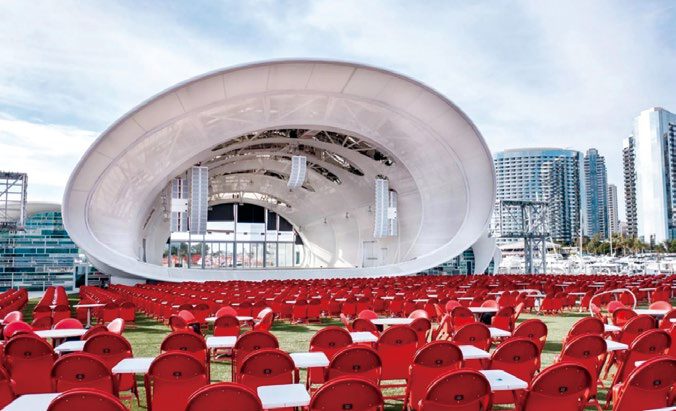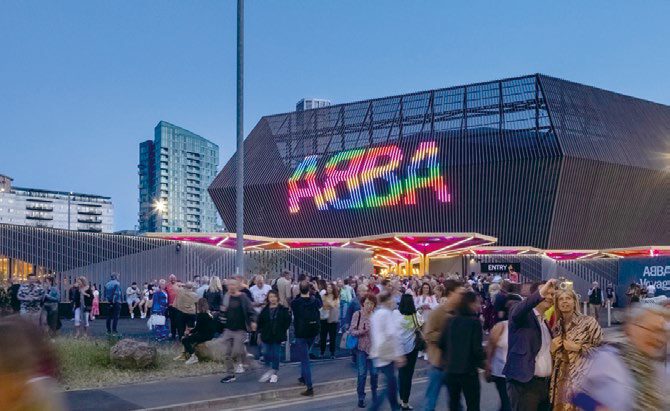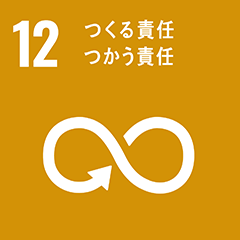Inochi Declaration
Promote the spread of entertainment spaces that allow people to feel empathy and a sense of connection through Inochi, by utilizing relocatable and adaptable facilities.
Humanitiy is now at a point where it must reexamine the necessity of spaces where entertainment naturally breathes life into society and nurtures people’s sensibilities and imagination. Facilities where entertainment in a broad sense—such as music, theater, sports, and experiential art— takes place serve as spaces where people from diverse backgrounds can share the experience of Inochi, empathy, and connection. In present-day Japan, however, it cannot be said that there is a sufficient number of facilities where such entertainment can be expressed and shared. As the forms of expression in entertainment continue to evolve rapidly, driven by technological advancement and changing values, providers of such spaces have not kept pace with these transformations.
Therefore, the key issue we must now reconsider is the flexibility of facility structures that support entertainment. Given the challenges of material shortages and unstable supply chains, we need sustainable spaces that can serve multiple purposes and be configured using adaptable structural systems.
What becomes crucial here are the concepts of “Relocatable Structures,” “Semi-permanent Structures,” and “Adaptable Structures.” Unlike traditional facilities that are built to remain unchanged in form and location for decades, these structures utilize reusable components and can be installed, relocated, expanded, or downsized.
Designing spaces themselves as entities that can adapt to change provides the foundation for offering more diverse cultural and artistic experiences to more people. Around the world—including at international expositions and music festivals—facilities employing these types of structures are already being introduced.
Since 1974, ES Global has been based in the UK and has provided numerous entertainment-oriented structures using steel components designed for reuse. These facilities have been rented for use in music stages, pavilions at Expos, and Olympic venues, among others. After each event, the components are recovered and reused at new sites and in new configurations, implementing a sustainable and circular approach. ES Global’s structural systems are engineered to meet the load-bearing requirements of entertainment facilities and accommodate technologies essential to staging and broadcasting.

The Rady Shell, San Diego 2021

ABBA Arena, London 2022
In Japan as well, these reusable structural materials have been used in temporary buildings, such as competition venues at the Tokyo Olympics and international pavilions for Expo 2025 Osaka, Kansai. Japan is currently facing a serious issue of constrained construction material supply, resulting in significant delays in procurement. To ensure the stable development of future spaces, addressing this material shortage is an urgent priority. In the field of entertainment, there is growing demand for mid-term buildings—structures that can be installed and moved flexibly. To realize this, it is vital to harmonize Japanese and international standards for construction materials so that safe overseas materials can be utilized. This will expand procurement options and help prevent construction delays. Institutional development and the establishment of relevant industry associations are needed to support such efforts.
ES Global is advancing the social implementation of flexible and sustainable building structures to expand spaces where Inochi is felt through culture, the arts, and entertainment. By 2027, they aim to establish an industry association for midterm structures and advance the necessary proposals and preparations for institutional reform. From 2026 to 2035, they will promote the development of systems that enable the use of overseas materials, addressing challenges such as material shortages and rising construction costs. Until around 2030, they will utilize venues such as Expos and cultural events to conduct pilot projects, accumulating evidence and practical results necessary for institutionalization. Beyond 2035, they aim to expand into diverse fields such as education, welfare, disaster prevention, and regional revitalization, creating spaces across society where Inochi can be mutually felt and cherished.
The Inochi Forum, in collaboration with diverse organizations, aims to realize an inclusive society where everyone can feel and nurture the spirit of Inochi through art and entertainment, by promoting the social implementation of flexible and reusable spatial structures.
[References]
・ES Global
https://es.global/ja/japanese-frontpage/
[Action Platform]
Resource Recycling / Art, Culture, and Sports
[SDGs]




